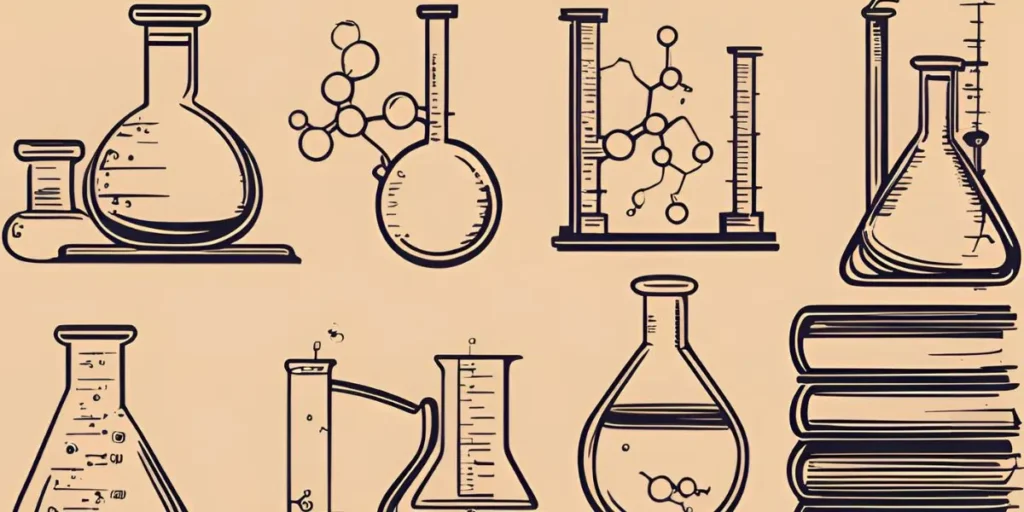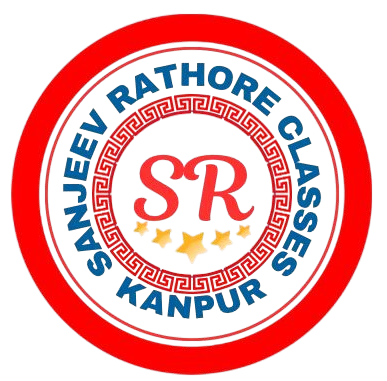
Inorganic Chemistry Chapters for NEET 2024 Exam Preparation
Looking inorganic chemistry chapters for neet ? – Inorganic chemistry is a crucial component of the NEET (National Eligibility cum Entrance Test) syllabus, which plays a significant role in determining a student’s ability to pursue a career in medical sciences.
For aspiring medical students, mastering the concepts of inorganic chemistry is essential, as it not only contributes to the overall score but also lays the foundation for various applications in biology and medicine.
In this blog, we will delve into the important inorganic chemistry chapters for NEET, providing tips, insights, and resources to help you succeed. Let’s get started!
Understanding Inorganic Chemistry in NEET
Inorganic chemistry focuses on the properties and behavior of inorganic compounds, which include metals, minerals, and organometallic compounds. In the NEET exam, questions from this subject are integrated with other areas of chemistry, emphasizing the importance of understanding both fundamental concepts and their applications.
Key Inorganic Chemistry Chapters for NEET

Here are the major of inorganic chemistry chapters for NEET that aspirants should focus on:
1. Periodic Table and Periodicity in Properties
The periodic table is a fundamental aspect of chemistry. Understanding the layout, trends, and periodicity of elements is crucial. Key topics include:
- Periodic trends in atomic size, ionization energy, and electronegativity.
- Group-wise properties of elements.
- The significance of periodicity in chemical reactions.
Tip: Memorize the position of elements, their symbols, and trends in their properties. Practice solving periodic table-related questions from previous years.
2. Chemical Bonding and Molecular Structure
Chemical bonding explains how atoms combine to form molecules. Important concepts include:
- Types of bonds: ionic, covalent, and metallic.
- VSEPR theory and molecular geometry.
- Hybridization and its applications.
Tip: Focus on understanding the concepts behind bond formation. Practice drawing Lewis structures and predicting molecular shapes.
3. s-Block Elements (Alkali and Alkaline Earth Metals)
This chapter covers the properties, preparation, and reactions of s-block elements. Key points include:
- Physical and chemical properties of alkali metals and alkaline earth metals.
- Compounds formed by these metals.
- Reactions with water, acids, and other substances.
Tip: Create flashcards to memorize the properties of each element and its compounds. Solve numerical problems related to reactivity and compound formation.
4. p-Block Elements
The p-block elements include groups 13 to 18 of the periodic table. Important topics are:
- Properties and uses of p-block elements.
- Oxidation states and trends in reactivity.
- Compounds of elements like nitrogen, phosphorus, sulfur, and halogens.
Tip: Focus on understanding the applications of p-block compounds in real life, such as fertilizers and pharmaceuticals.
5. d and f Block Elements
This chapter deals with transition metals and inner transition metals. Key areas include:
- Properties of transition metals and their compounds.
- Coordination chemistry and complex formation.
- Lanthanides and actinides, their properties, and applications.
Tip: Pay attention to the color, magnetic properties, and coordination numbers of transition metal complexes. Practice predicting the behavior of these elements based on their electronic configuration.
6. Coordination Compounds
Coordination compounds play a vital role in inorganic chemistry. Important concepts include:
- Definition and nomenclature of coordination compounds.
- Types of ligands and their classification.
- Isomerism in coordination compounds.
Tip: Familiarize yourself with common coordination compounds and their applications in industries and biology.
7. Environmental Chemistry
Environmental chemistry covers the chemical processes occurring in the environment. Topics include:
- Pollution and its chemical impact.
- Role of inorganic compounds in environmental processes.
- Green chemistry and sustainable practices.
Tip: Understand the significance of inorganic chemistry in addressing environmental challenges, such as pollution control and waste management.
Strategies for Mastering Inorganic Chemistry
To excel in inorganic chemistry chapters for neet, here are some effective strategies:
1. Conceptual Understanding
Focus on grasping the fundamental concepts rather than rote memorization. Inorganic chemistry is logical, and understanding the ‘why’ behind reactions and properties will help you tackle complex problems.
2. Regular Practice
Regularly solve previous years’ NEET question papers and take mock tests. This will help you familiarize yourself with the exam pattern and types of questions asked.
3. Visual Learning
Inorganic chemistry often involves visualizing structures and bonding. Use models, diagrams, and charts to help you better understand concepts like hybridization and molecular geometry.
4. Group Study
Consider studying in groups with peers who are also preparing for NEET. This allows for discussion, clarification of doubts, and exchange of different perspectives on complex topics.
5. Utilize Resources
Make use of various resources available, including textbooks, online lectures, and educational platforms. Sanjeev Rathore Institute provides comprehensive study materials and expert guidance to help you grasp inorganic chemistry concepts effectively.
Why Choose Sanjeev Rathore Institute?
At Sanjeev Rathore, we understand the challenges NEET aspirants face in mastering inorganic chemistry. Our experienced faculty provides:
- Comprehensive Study Material: Tailored resources that cover all essential chapters in detail.
- Interactive Classes: Engaging sessions that promote active learning and conceptual understanding.
- Regular Assessments: Mock tests and quizzes to track progress and reinforce learning.
- Personalized Guidance: One-on-one mentoring to address individual strengths and weaknesses.
Start Your Journey Today!
Are you ready to conquer inorganic chemistry for NEET? Join Sanjeev Rathore Institute today and take the first step towards achieving your dream of becoming a medical professional. Our expert faculty and comprehensive resources are here to support you every step of the way.
Contact us today for more information about our NEET preparation programs and to schedule a free consultation. Let’s unlock your potential together and pave the way for your success!
